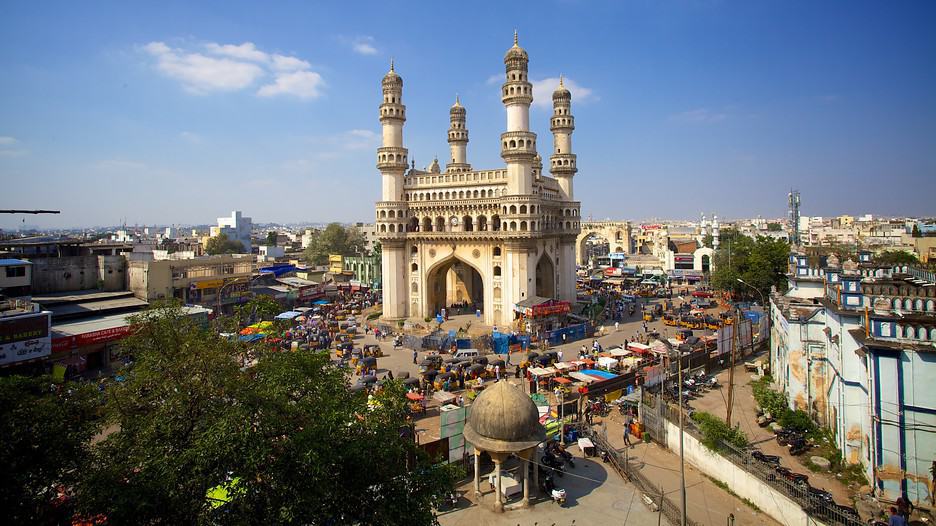Real Estate market directly addresses one of the three basics human needs, shelter. Investment in the Indian real estate is a very lucrative option for investors. Thus, the real estate industry in India has a constant demand. In 2017, Indian real estate has attracted $32 billion in private equity. The global capital flow into Indian real estate in 2016 stood at $5.7 billion.
Factors That Affect Real Estate in India
- Demography Analysis
India has one of the youngest demographics in the world. This is an important factor for real estate buyers and investors. Demography comprises of details about people age, population growth, income, and migration pattern. Knowledge about these factors would help you narrow down on the type and location of the property to choose.
- Economy of the country
The Indian economy is one of the fastest growing economies in the world with Gross Domestic Product (GDP) growth around a healthy 7.1%. With the Indian economy doing well, real estate sector has appreciated at a considerable pace.
- Government policies
This is another factor that can affect investment in real estate. With introduction of The Real Estate (Regulation and Development) Act, 2016 (RERA) and Goods and Services (GST) is bound to impact the real estate market. Before deciding to invest in this sector, it is advisable to verify the new taxes, charges, subsidies have been levied on the property.
Things to Consider Before Buying A Property
- Location – Invest in a property that is situated in a desirable location. A good location should have a safe neighbourhood, proximity to schools, hospitals, shopping stores, restaurants and shops. Access to public transportation and freeways is also critical when choosing a home.
- Affordable prices – Price is one of the main factors while buying or selling a property. If you are a builder, you should price the property that the standard middle-class can easily afford. This would ensure people always have a reason to choose you over other sellers. When buying a property, ensure that you negotiate to get the best price possible.
- Consider emerging cities – Cities like Indore, Pune, and Kochi are picking up pace due to reasonable prices and better development. Employment options are also drawing people to these places. This has led to spike in real estate prices in such cities. Investing in real estate in such developing areas might increase the chances of you getting good returns. You can invest in such cities during the initial stages and then reap benefits when the value of the property increases.
Be Updated!
Ensure you pay attention to the tax system for the real estate sector. Taxation on real estate is determined on how long you own a property. Returns on investment in real estate also attract a significant amount of tax by the government.
The short-term gains from real estate are taxed at 30%. However, property held for over 2 years is considered to have long-term gains. These could attract a tax of 20%. Also, there is Service tax exemption on construction of affordable housing.
Educate yourself to take benefit of these exemptions and deductions. Implementation of Goods and Services Tax bill will have an impact on your investment. Thus, ensure that you follow-up on the developments to know how it would affect your property and returns.
To Sum it up
India is emerging as a strong economy in recent times. Many bold decisions like increasing the Foreign Direct Investment (FDI) and demonetization are giving economy new directions. It is therefore imperative to analyze all the factors well before you invest in real estate.

















